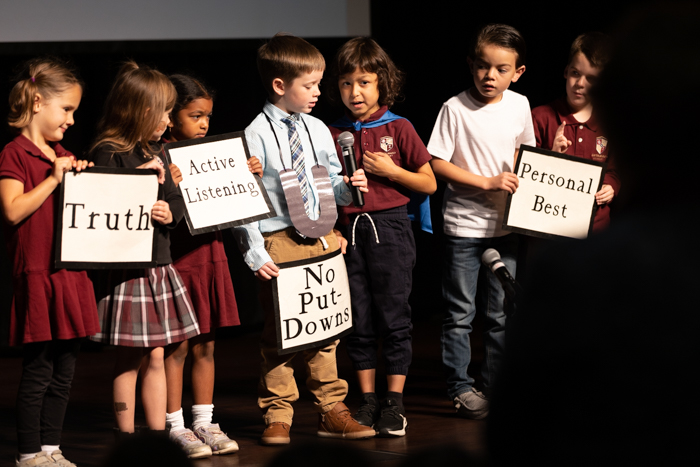LIFESKILLS and Lifelong Guidelines
The 19 LIFESKILLS
- caring: to feel and show concern for others
- common sense: to use good judgment
- cooperation: to work together toward a common goal or purpose
- courage: to act according to one’s beliefs despite fear of adverse consequences
- creativity: to generate ideas; to create something original or redesign through imaginative skill
- curiosity: a desire to investigate and seek understanding of one’s world
- effort: to do your best
- flexibility: to be willing to alter plans when necessary
- friendship: to make and keep a friend through mutual trust and caring
- initiative: to do something of one’s own free will, because it needs to be done
- integrity: to act according to a sense of what’s right and wrong
- organization: to plan, arrange, and implement in an orderly way; to keep things orderly and ready to use
- patience: to wait calmly for someone or something
- perseverance: to keep at it
- pride: satisfaction from doing one’s personal best
- problem-solving: to create solutions to difficult situations and everyday problems
- resourcefulness: to respond to challenges and opportunities in innovative and creative ways
- responsibility: to respond when appropriate; to be accountable for one’s actions
- sense of humor: to laugh and be playful without harming others

The 5 Lifelong Guidelines
- trustworthiness: to act in a manner that makes one worthy of trust and confidence
- truthfulness: to be honest about things and feelings with oneself and others
- active listening: to listen with the intention of understanding what the speaker intends to communicate
- no put-downs: to never use words, actions, or body language that degrade, humiliate, or dishonor others
- personal best: to do one’s best given the circumstances and available resources

